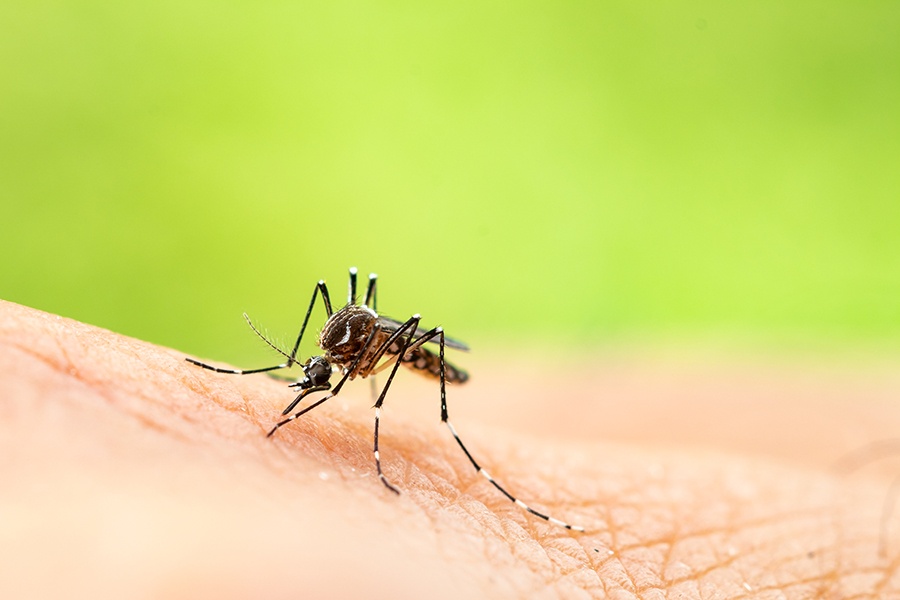36 Towns in Mass. Are Now at “Critical” Risk for EEE
And dozens more are at high or moderate risk.

Photo via Getty Images/frank600
Between the EEE outbreak and the vaping crisis, the State Department of Public Health is experiencing a lot of commotion—all to protect your health, of course.
The latest update from the DPH about the outbreak of the mosquito-borne illness EEE came on September 6 with two more confirmed cases of the virus: a women in her 60s from eastern Worcester County, and a girl under the age of 18 from southwestern Middlesex County.
This comes after a confirmed case was reported in a man in his 70s from southwestern Middlesex County on September 5 and before the state issued additional aerial spraying for critical and high-risk communities yesterday.
There are 36 communities now at “critical risk”—an increase from the 28 reported on August 30—42 at “high risk” and 115 at “moderate risk.”
Additional spraying was scheduled to begin yesterday and will last into next week in Norfolk County, Middlesex County, and Worcester County. To see a full list of the towns scheduled for spraying, visit the DPH website.
The DPH is urging “critical risk” communities to reschedule evening outdoor activities so they don’t coincide with high mosquito activity times.
EEE is a rare, but fatal, disease spread by infected mosquitos to other animals and humans. Early symptoms are very similar to that of the flu and include stiff neck, headache, and lack of energy.
“Even as temperatures cool, it’s vitally important for us to remember that mosquito season is not over and that we all need to continue to take steps to prevent mosquito bites,” Monica Bharel, Public Health Commissioner, said in a press release. “Use bug spray, wear long sleeves and pants to reduce exposed skin, and stay indoors from dusk to dawn when mosquitos are most active.”
So far, seven human cases and nine animal cases—eight horses and one goat— have been confirmed. There has been only one death.
For questions about aerial spraying, contact the MDAR Crop and Pest Services at 617-626-1700 and for more information about EEE visit mass.gov.

